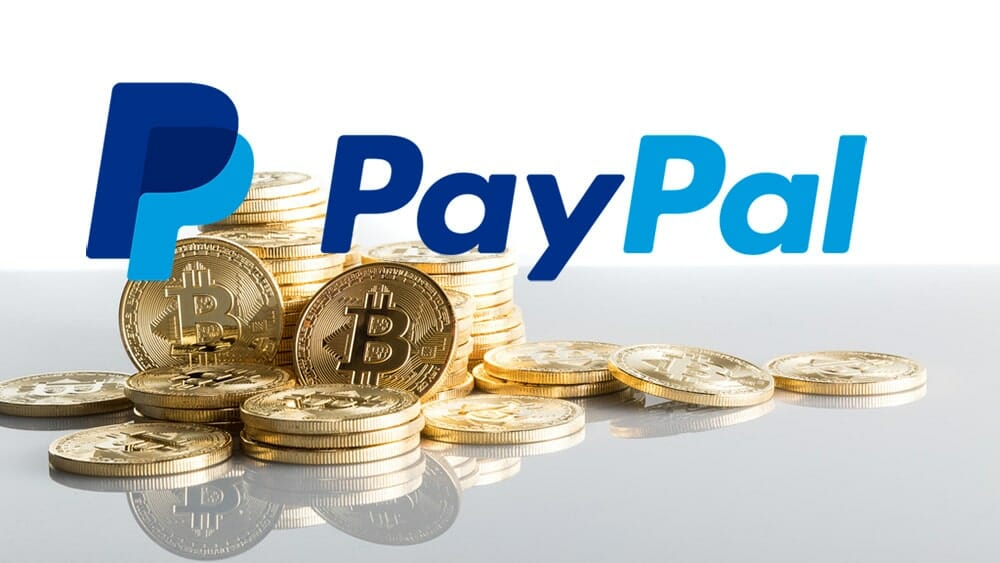Green Bitcoin Mining: PayPal Proposes Reward System for Sustainable Miners
PayPal promotes green Bitcoin mining by promoting the use of renewable energy sources through additional rewards for miners. The initiative aims to reduce the environmental impact of Bitcoin mining, which currently produces 85 million metric tons of CO2 per year. In addition to mining, PayPal modified protections for NFT transactions and partnered with Triple A to improve the diversity of digital payments.
PayPal’s Blockchain Research Group has joined forces with Energy Web and DMG Blockchain Solutions to support “sustainable” Bitcoin mining. According to the document, the collaboration “presents an opportunity to accelerate the transition to clean energy” using cryptoeconomic incentives.
This initiative leverages crypto economic incentives to encourage the use of low-carbon energy sources, a crucial step given Bitcoin’s significant environmental impact. Bitcoin mining is estimated to produce 85 million metric tons of carbon dioxide annually.
PayPal Seeks to Accelerate Sustainable Bitcoin (BTC) Mining
The initiative emphasizes the need for sustainable practices in Proof-of-Work (PoW) networks. The proposed system rewards miners who verify transactions using renewable energy with additional Bitcoin, using a mechanism where transactions are preferentially directed to “green miners.”
These miners, identifiable through public keys designated as “green keys,” will receive transaction fees and locked BTC rewards. This setup promotes greener mining practices and improves the overall efficiency and security of the Bitcoin network.
Along with this green initiative, PayPal has announced significant changes to the management of non-fungible tokens (NFT). Starting May 20, PayPal will remove buyer and seller protections for NFT transactions over $10,000.
The decision has been made due to concerns about order fulfillment verification and the high volatility of the NFT market. Transactions below this amount will continue to be protected, as long as they meet certain conditions.
Additionally, as part of a strategic collaboration with Singapore-based Triple-A, PayPal is set to increase the diversity of digital payments by integrating its stablecoin, PYUSD, into Triple-A’s offering. This integration, scheduled to launch at the end of June, aims to strengthen PayPal’s presence in the cryptocurrency market.
PayPal Investigation into Bitcoin Mining
In a recently published article, PayPal’s Blockchain Research Group (BRG) proposed “the possibility of a more sustainable future” in Bitcoin mining. The investigation revealed that as of April 2, data estimates that annualized emissions exceed 85 million metric tons of carbon dioxide due to Bitcoin’s proof-of-work (PoW) consensus mechanism.
This race and its demand for robust computing power requires a significant amount of electricity. Consequently, the use of carbon-based energy sources by miners “results in the underlying greenhouse gas emissions footprint of the Bitcoin network.”
The document suggests routing on-chain transactions to “green miners” via low transaction fees with a BTC reward “locked” in a multi-signature payment address. The rewards would serve as an incentive to exploit these transactions as only green miners would be eligible to receive them.
The solution is based on identifying miners that use low-emission energy sources. After identification, their public keys, called “green keys,” would be used to reward miners with Bitcoin in a trust-agnostic method through a “1-of-n multi-signature script.” As a result, the payment address would allow miners with green keys to claim the rewards.
Bitcoin mining has been controversial. While many legacy companies, such as PayPal and others, have targeted the grid due to its supposedly intense electricity consumption and carbon emissions, other research has pointed to the growing use of renewable energy and the low carbon emissions produced by the nascent industry.
By Leonardo Perez
